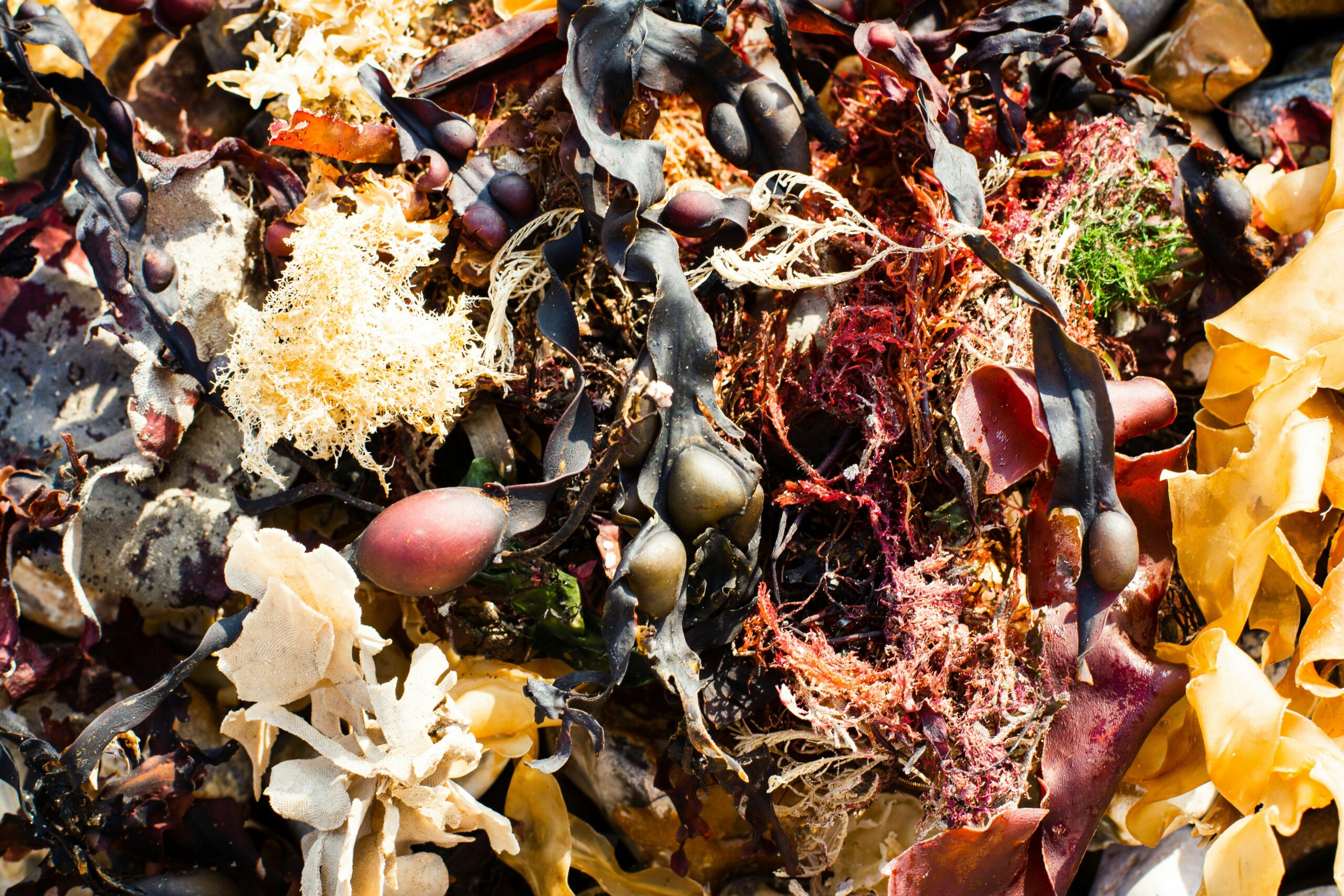Efficient syngas fermentation of gasified woody biomass

The project contributes to the development of efficient biological methanation of gasified woody biomass in a unique “solid state” reactor, developed and patented by Q Power.
Through thermal gasification of forest residues, demolition timber, park and garden waste, etc. the carbon and hydrogen content of the lignocellulosic material is made available to the microbes and thus biological conversion to methane. In this way, the raw material base is broadened.
The potential for these materials has been estimated to 59 TWh/year. Syngas fermentation enables cost-effective production on a smaller scale, <20 MW, which entails several advantages:
- It is easier to secure the feedstock supply and easier logistics.
- It is easier to match excess heat from the gasification process with local heat and steam demand.
- The financial risk is lower.
The project is expected to enable commercialization by 2030, double the Swedish biogas production within 15 years and contribute to an increased degree of self-sufficiency.
Read more about the project here.
Presentations from REGATEC 2024
A conference about the project was held as part of the programme for Regatec 2024. View the presentations here.

Jörgen Held
Baltic Energy Innovation Centre

info@beic.nu
Project information
Participants
Baltic Energy Innovation Centre
Q Power Oy
Linköping University
Nordvästra Skånes Renhållnings AB)
Scandinavian Biogas Fuels AB
Cortus AB
Time schedule
January 2023 - June 2025
Total cost of project
6 925 000 SEK
Swedish Energy Agency project number
2022-00570
More projects

Bioflex – biobased energy carriers and their contribution to a flexible energy system
Bioflex aims at increasing the flexibility, redundancy, and robustness of the energy system by integrating biobased energy carriers (biohydrogen/biogas) with electrolytic hydrogen….
Manager: Erika Lönntoft
Ongoing

Policies for a long-term and sustainable raw material supply of forest biomass
A long-term and sustainable raw material supply of forest biomass is affected by policy instruments, but also by the behavior of different…
Manager: Robert Lundmark
Ongoing

All-algae textile fibres – Energy efficient harvesting, extraction and textile production (KELPTEX)
Textile manufacturing contributes to 10 % of global CO2 emissions where two-thirds of the textiles are fossil-based. Current bio-based raw materials –…
Manager: Hanna Ulmefors
Ongoing


